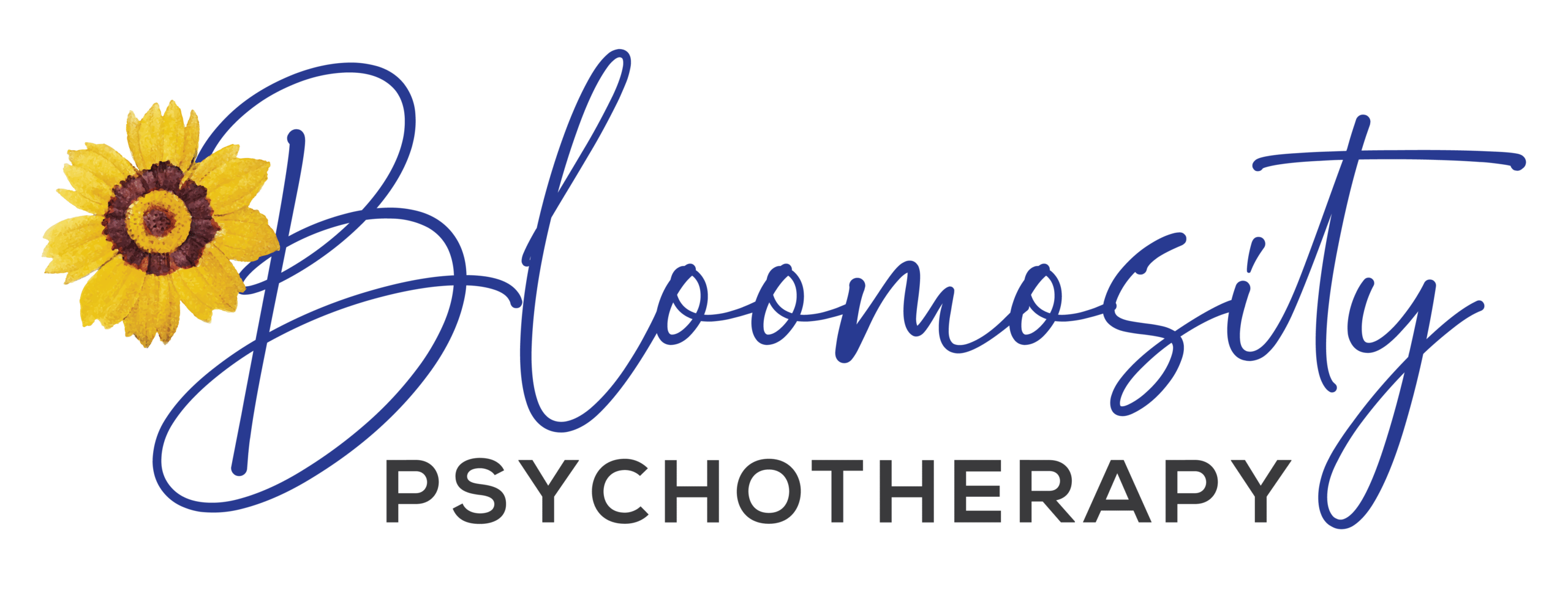I’m one of those people that has a tendency to avoid confrontation. Even though I could speak up or take charge, I let things subside until I forget about them and move on with other things. But most of the time, the issue is still there, simmering away, just waiting for another opportunity to emerge.
I recently had to take control of a situation that was bothersome. I had hoped it had gone away but it kept coming back again and again. My mother’s boyfriend felt like he had the permission to call me whenever he wanted. He was overstepping bounds and presuming we had a relationship when we didn’t.
My mom’s boyfriend was elitist and insulting. He would tell me that I was intellectually inferior to him and he would sometimes make racial slurs towards my partner. I asked my mom to tell him to stop bothering me or I would call the police. Finally, he stopped calling.
This morning, I saw the phone ring and my mother’s number showed up. Even though the boyfriend had stopped leaving messages for several weeks, I had a feeling that it could be him. I let the call go to voicemail and sure enough, it was him leaving another annoying message! I was angry that he was still calling me. But, I was also angry with myself for not stepping up and confronting him directly.
I had let the issue linger when I could have taken control. Why did I do this? Was it fear of hurting someone because I was taking control? Was it fear that he would ignore my request and I would need to escalate? What stopped me from taking control?
Have you found yourself in a situation where you haven’t taken control to avoid confrontation? Do you avoid confrontation out of fear, embarrassment or procrastination? If you find yourself avoiding confrontation, ask yourself what it is about. Be honest. If it is fear, is it legitimate fear? What are you afraid of? Is it fear of change and if so, what is the worst thing that could happen? Could you deal with it or is it better to keep ignoring it?
Confrontation can help us to set up boundaries with difficult people in our lives. If you fear confronting people, practice the confrontation in front a mirror. Or, write down the confrontation and read it to the person. When you confront someone, remind yourself not to become reactive. I know this can be challenging, but try to stay in your “Adult” frame of mind and not slip into critical judgments or emotional outbursts.
The key to effective confrontation is the use of “I” statements. Use “I” statements to communicate what you sense, think, emote and need. For example:
“I heard the three messages you left last week” (factual, based on senses)
“I interpret them as negative and insulting ” (what the mind thinks)
“I feel angry and harassed” (your emotions/feelings)
“I want you to stop leaving messages on my phone” (your needs/desires)
Setting boundaries with difficult people will help to protect your well being. Consider whether any of your emotional boundaries have been violated and take charge by confronting the person. Consider how firm you need to be to get what you want or need. Working with a psychotherapist can help you become aware of when you need to set boundaries and confront the difficult people in your life.
